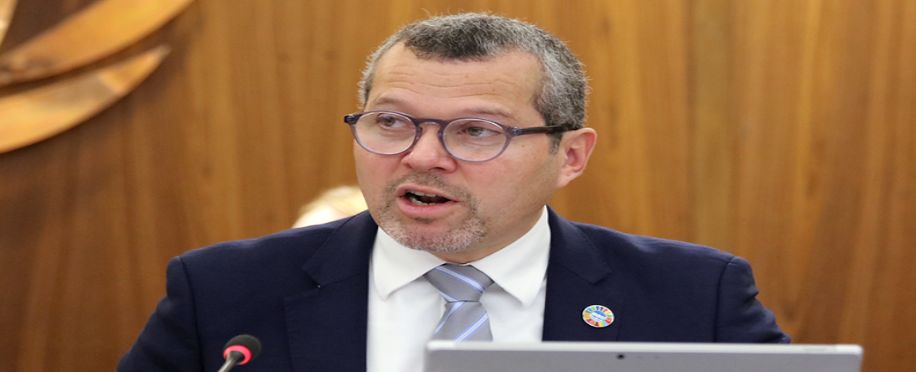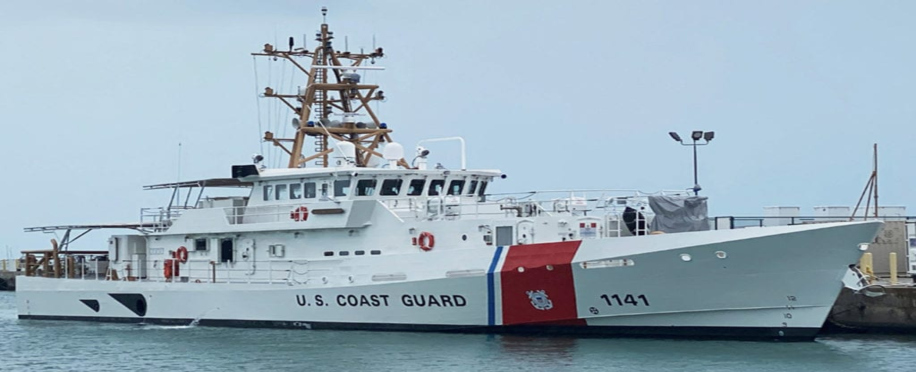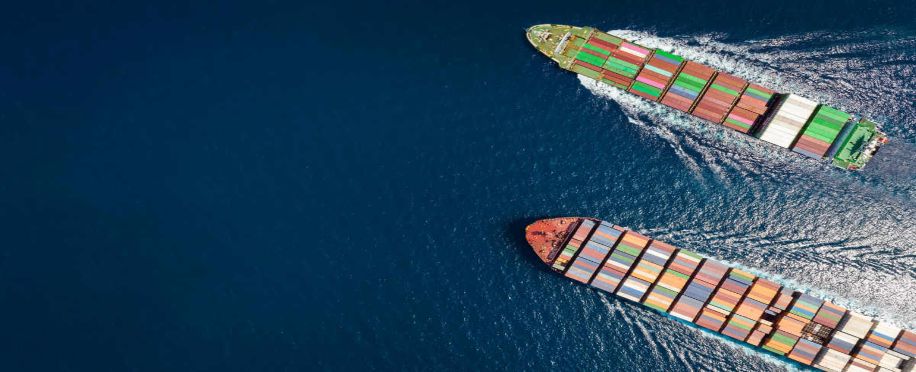Scientists Warn: The World's Largest Wetland, the Pantanal, Faces Devastation from Proposed Canal Project
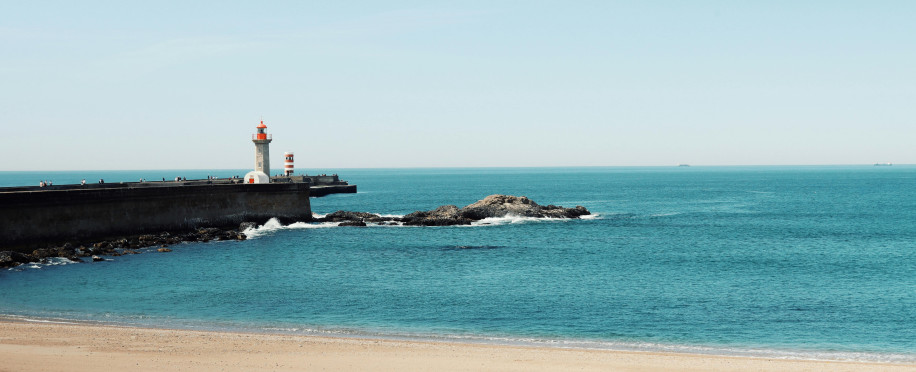
Posted on Aug 28, 2024 at 09:08 PM
The world's biggest wetland, the Pantanal, which spans Brazil, Bolivia, and Paraguay, is in danger of being destroyed by a proposed commercial canal, according to scientists.
Planned development of the upper 435 miles of the Paraguay River as a key transit route, growing industrial farming, and more violent wildfires pose threats to the Pantanal, a biodiversity hotspot almost half the area of Germany.
Wetlands are Vital to the World's Ecology
A group of forty scientists warn that the development of waterways could lead to ecological decline, increased fire risks, and a more farmable environment.
The wetland, according to Professor Karl M. Wantzen, an ecologist from the University of Tours and the Unesco chair for river culture, “is a real paradise on Earth.”
There are more hyacinth macaws, jaguars, swamp deer, anacondas, caymans, over 300 fish species, 500 bird species, and 2,500 kinds of water plants here than anywhere else. That's all in jeopardy.
The Pantanal's Role in the Hidrovia Project
The Brazilian government plans to develop the Paraguay-Paraná Hidrovia waterway, with preliminary licenses granted for port facility building in the Pantanal in 2022 and 2023.
Pierre Girard from the Federal University of Mato Grosso warns that the Pantanal's end could require large train barges and dredging in critical Paraguay River reaches if the Hidrovia project is pursued.
He also warns that the risks of destructive fires will increase due to climate change and increased land use pressure in the biome.
Historical Context and Recent Challenges
The Brazilian Pantanal experienced its worst fire season in 2024, with 1.5 million hectares of fires. The Pantanal has lost nearly all surface water since 1985, and constructing a canal could make the marsh smaller, drier, and more vulnerable to flames.
The Paraguay River's shallow upper part necessitates port development, riverbank repair, and dredging for 50-meter barges, potentially altering flooding cycles and reducing wetland extent.
Wantzen and Girard, along with over forty experts in a Science of the Total Environment study, opposed the expansion of a waterway into wetlands, deciding to publish the document to provide a clear understanding of the situation.
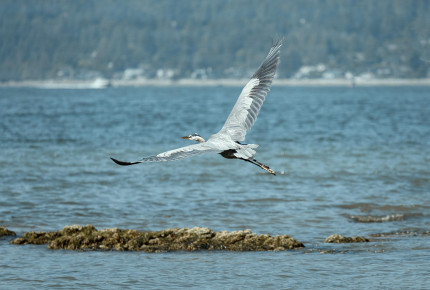
Dredging's Impact on Biodiversity and Indigenous Communities
The Paraguay River, a unique riverscape in central South America, symbolizes the biocultural legacy of the Brazilian people and the planet.
The report warns of severe degradation of Pantanal's biodiversity and Indigenous peoples' livelihoods due to dredging, while railways offer a more reliable shipping method.
Industrial soybean growth boosts demand for commercial canals to transport products from Bolivia, Paraguay, and Brazil to Uruguay and Argentina, along with iron, manganese, cement, sugar, and grain.
River Navigation's Difficulties
Building a waterway would save money and time by using barges instead of trucks, as the river's water level may be too low for navigation due to climate emergencies and reduced floods.
Mario Friedlander, a wildlife observation and photography specialist in Mato Grosso, criticizes the rapid destruction caused by human activities in the Pantanal waterway, citing agricultural growth as the cause and uncertainty about where to begin defence efforts.
The Brazilian Ministry of Ports and Airports has dismissed experts' concerns about a study as “opinions” lacking scientific evidence, considering that the future of the Pantanal depends on international decision-making.
In summary,
The proposed development of the Paraguay-Paraná Hidrovia waterway presents a grave threat to the Pantanal, the world’s largest and most biodiverse wetland. As scientists and environmentalists raise urgent concerns about the potential ecological devastation, the future of this irreplaceable natural paradise hangs in the balance. The decisions made in the coming months will determine whether the Pantanal can be preserved for future generations or whether it will succumb to the pressures of industrialization and environmental neglect. The global community must act decisively to protect this vital ecosystem before it is too late.
Read more news:
Panama Sets Sail for the Future: Establishing Itself as a Cruise Hub
